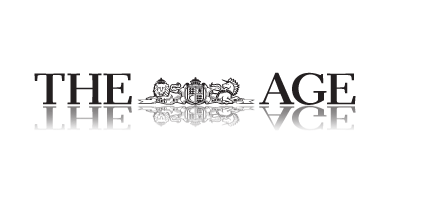Press Council rules against The Age in article about Greens’ leader Richard Di Natale
The Press Council has ruled The Age “failed to take reasonable steps” to ensure an article which claimed Greens’ leader Richard Di Natale paid his au pair a low wage was actually accurate.

The article, which originally appeared online on May 19 last year under the headline ‘Election 2016: Greens leader Richard Di Natale fails to declare home, pays au pair low wage’, and in print the next day under a different headline claimed: “Senator Di Natale has paid three au pairs to help with his family as little as $150 a week after tax, or $3.75 an hour – based on a standard 40-hour week”.
The Press Council concluded that before the article was published, Di Natale “had told the publication the au pairs worked 25 hours per week, he had made the employment arrangements in accordance with advice he received, and offered to provide documents relating to that advice”.


Good! – This was vary shabby journalism.
It was shocking journalism by a great journalist, the actual wage was above award and set by Au Pair guidelines.